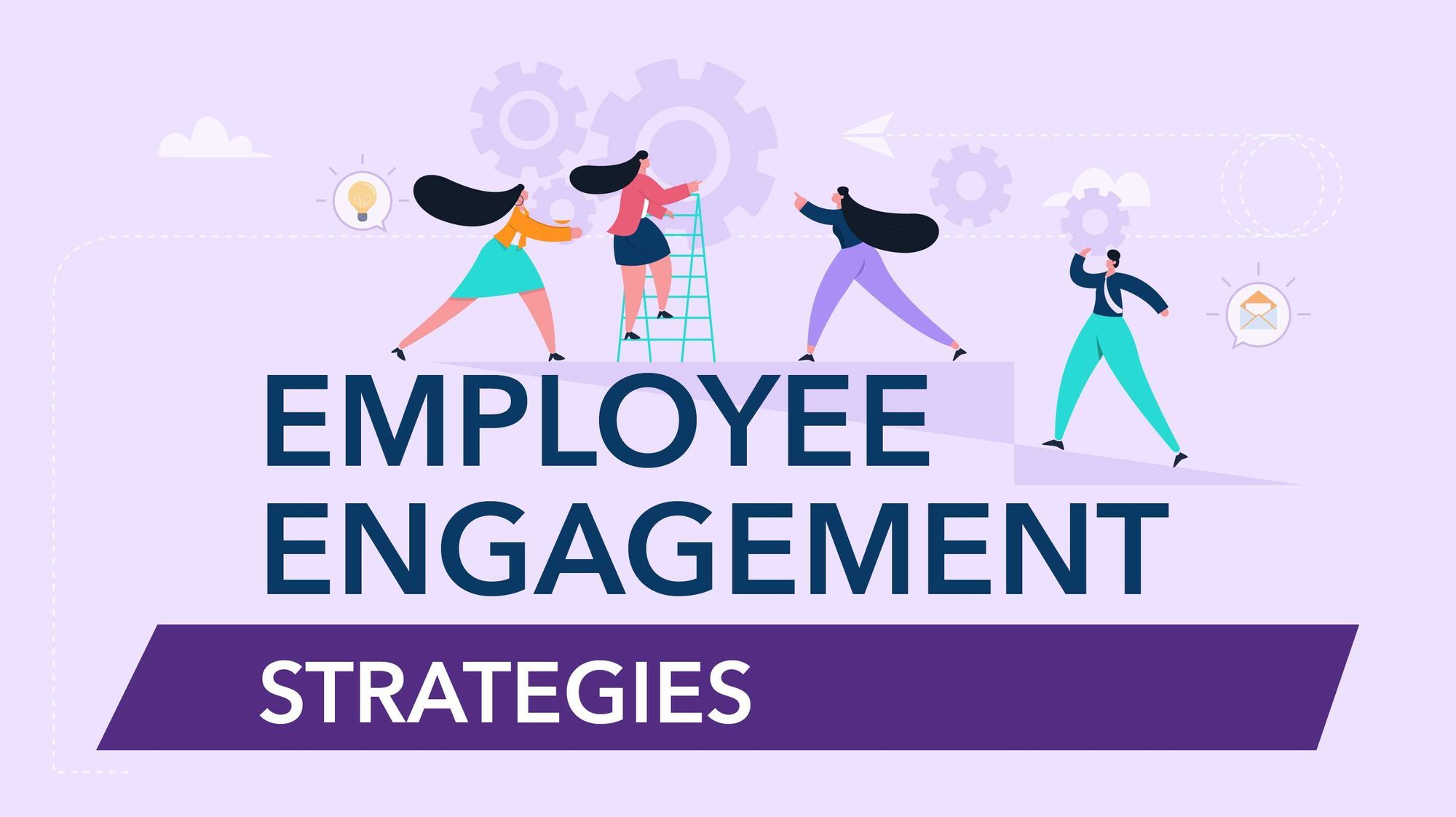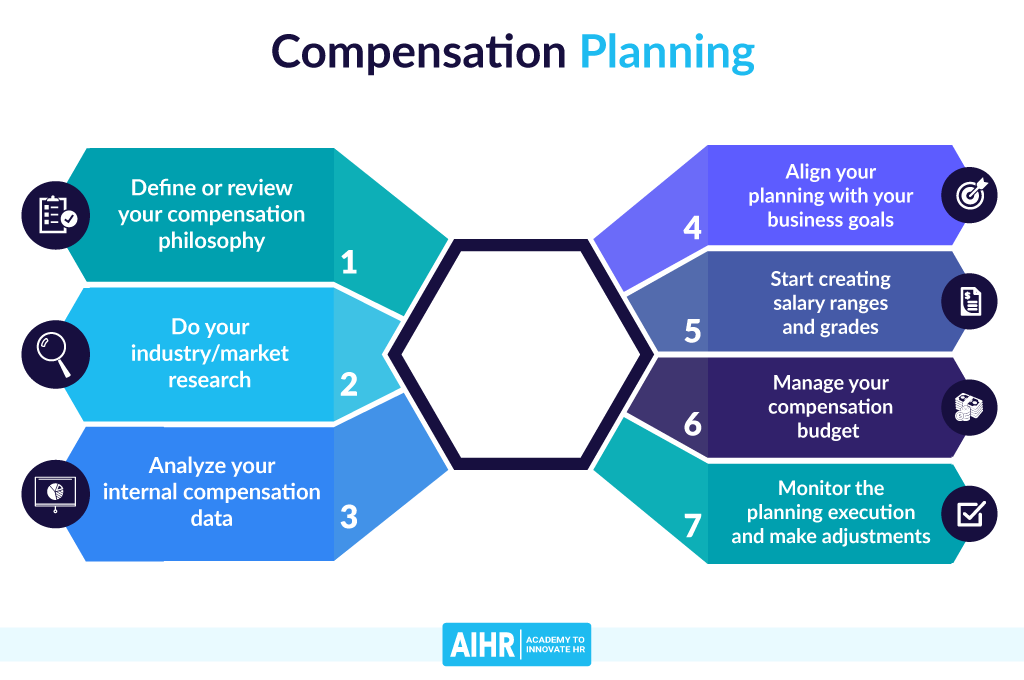In today’s competitive business landscape, employee engagement plays a crucial role in driving productivity and overall success. Engaged employees are more likely to be motivated, committed, and perform at their best, leading to higher levels of job satisfaction and better business outcomes. In this article, we will explore effective employee engagement strategies that can enhance productivity within your organization.
1. Clear Communication and Goal Alignment
Effective communication is the cornerstone of employee engagement. Organizations should establish transparent and open channels of communication, allowing employees to voice their ideas, concerns, and feedback. Regular team meetings, town halls, or employee surveys can facilitate this process.
Moreover, aligning individual employee goals with organizational objectives fosters a sense of purpose and direction. When employees understand how their efforts contribute to the bigger picture, they become more engaged and motivated to achieve meaningful results.
2. Recognition and Rewards
A culture of recognition and rewards can significantly boost employee engagement. Recognizing and appreciating employees’ contributions, both individually and as part of a team, can create a positive work environment and foster a sense of belonging.
Recognition can take various forms, such as verbal praise, public acknowledgement, or tangible rewards like bonuses, incentives, or development opportunities. Tailor your recognition and rewards program to suit your organization’s culture and employee preferences.
3. Career Development and Growth Opportunities
Employees who feel supported in their career development and have access to growth opportunities are more engaged and committed to their work. Provide regular performance feedback and create personalized development plans to help employees reach their full potential.
Offering training programs, mentoring, and promoting from within can motivate employees to strive for excellence and enhance their skills. Additionally, providing opportunities for cross-functional collaboration or job rotations can keep employees engaged by offering new challenges and expanding their knowledge.
4. Work-Life Balance
Encouraging a healthy work-life balance is crucial for employee engagement. Overworked and stressed employees are likely to experience burnout, which negatively impacts productivity and well-being. Flexible work arrangements, such as remote work options or flexible schedules, can help employees achieve a better work-life balance.
Promote a supportive culture that values time off, encourages breaks, and discourages excessive overtime. By prioritizing work-life balance, employees will feel more engaged, energized, and motivated to perform their best.
5. Employee Well-being Initiatives
Investing in employee well-being initiatives demonstrates a genuine concern for employee welfare, which, in turn, drives engagement. Wellness programs, mental health support, and fitness activities can contribute to a happier and healthier workforce.
Consider offering gym memberships, wellness challenges, or hosting mindfulness sessions to support employee well-being. Encourage work breaks, provide healthy snacks, and create a positive work environment that fosters a sense of community.
6. Team Building and Collaboration
Building strong teamwork and fostering collaboration can significantly improve employee engagement. Encourage cross-functional interactions, team-building activities, and opportunities for employees to work together on various projects.
Creating a collaborative environment fosters trust, enhances communication, and encourages creativity. When employees feel connected to their colleagues and the overall team, they become more motivated and engaged in their work.
Conclusion
Effective employee engagement strategies are fundamental to driving productivity and achieving organizational success. By embracing clear communication, recognition and rewards, career development, work-life balance, employee well-being initiatives, and promoting teamwork, organizations can significantly enhance employee engagement. Investing in these strategies creates a positive work environment where employees feel valued, leading to increased productivity, improved job satisfaction, and long-term success.



